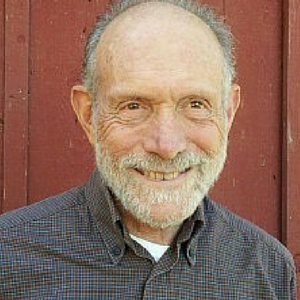“Even in a most perfect world, we shall fail to avoid inequalities, but we can and must avoid strife and bitterness.” ~ Gandhi, Young India October 7, 1926.
When Gandhi said this 90 years ago, he decidedly did not mean that we must put up with gross inequalities and obscene poverty. He means that striving for leveling the outer playing field was unnecessary and largely impossible; what we can and must strive for is doing away with greed and the hopeless search for happiness through material possessions. That would return sufficiency to everyone. The wealthy would spontaneously shrink from exploiting the poor and the poor no longer feel resentment and envy of the rich. Difficult, but the other approach has proven impossible.
Thanks for sharing a comment below.
About Daily Metta
 Stephanie Van Hook, the Metta Center’s executive director, launched Daily Metta in 2015 as a way to share Gandhi’s spiritual wisdom and experiments with nonviolence.
Stephanie Van Hook, the Metta Center’s executive director, launched Daily Metta in 2015 as a way to share Gandhi’s spiritual wisdom and experiments with nonviolence.
Our 2016 Daily Metta continues with Gandhi on weekdays. On weekends, we share videos that complement Michael Nagler’s award-winning book, The Search for a Nonviolent Future: A Promise of Peace for Ourselves, Our Families, and Our World. To help readers engage with the book more deeply, the Metta Center offers a free PDF study guide.
Enjoy more Daily Metta: See the archives
Get Daily Metta by email: Subscribe









I’m a huge fan of the Metta Center and have looked to Gandhi for many years as my moral compass. Still, we must avoid putting anyone’s quotes on a moral pedestal, and I think this is an example of one that needs to be subjected to some careful scrutiny because it is far too ideologically consistent with the rich and powerful’s call upon the poor to simply accept their poverty and inferior social position and simply accept their lot and work on cultivate inner happiness. The description of the quote is also problematic. Why on earth would we say it is “unnecessary” and “largely impossible” to level the outer playing field? Difficult, perhaps, but unnecessary?? Finally, the idea that the wealthy should voluntarily give up their wealth and power is somewhat ahistorical (when has this ever happened?), and ultimately is inconsistent with the rest of the Metta Center’s teachings. It’s not so much about the wealthy voluntarily giving up their power (although we certainly believe in their capacity to do so), but about marginalized groups nonviolently organizing and demanding justice. Along the way, we believe we can win over the hearts and minds of the powerful, inviting them to join in the struggle for justice. But this passage falsely makes it sounds as though the voluntary actions of the wealthy are the drivers of change, rather than those of the oppressed.
Michael,
Thanks for your comment.
First, I’m sure Gandhi was not saying that voluntary renunciation by the rich was “the driver of change!” He knew better than anyone that pressure/suasion had to be applied. What he’s describing here is a distant vision, when the culture has changed. Rich people in India do give away a lot of their wealth and always have done. It is also “ahistorical” to think the rich can have their wealth taken away and not feel bitterness — or regroup to get it back, no?
Second, the reason he considered it impossible to level the field, he explains elsewhere, is that some people will always be born with more drive and more capability.
This vision derives from his concept of “heart unity:” we do not have to be the same to be at one with one another. No difference needs to create disunity; once we understand who we are.